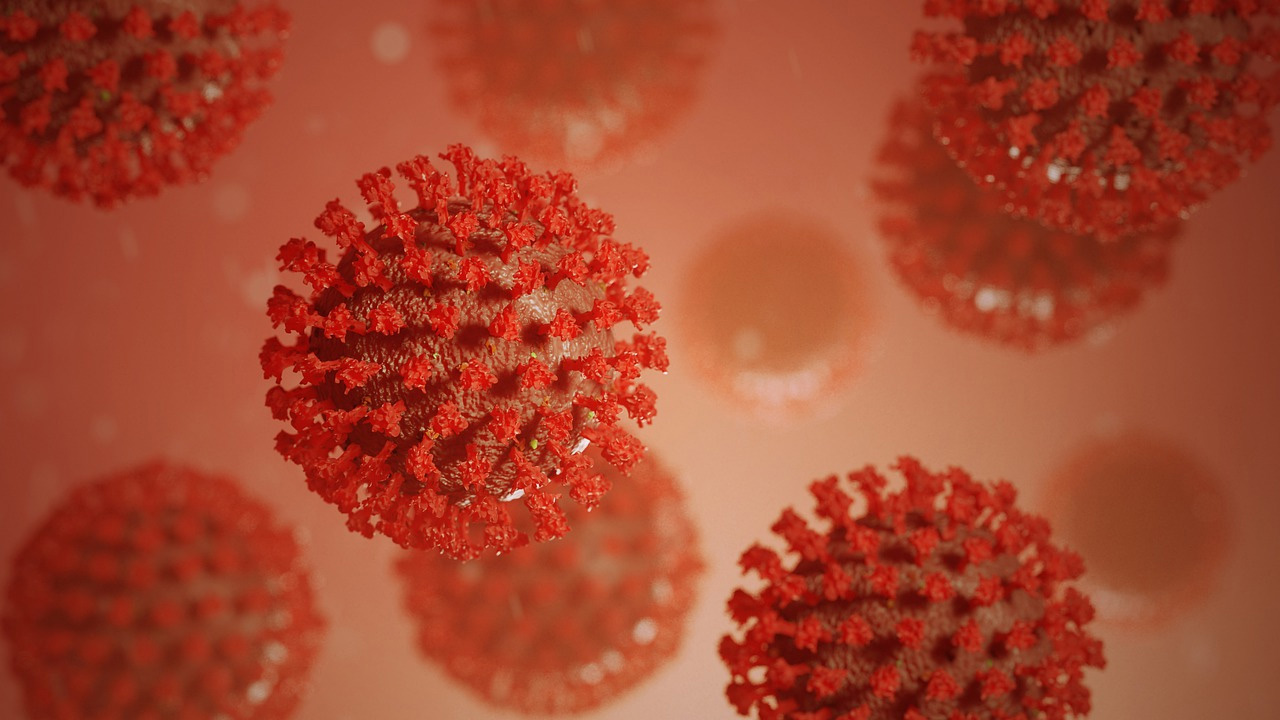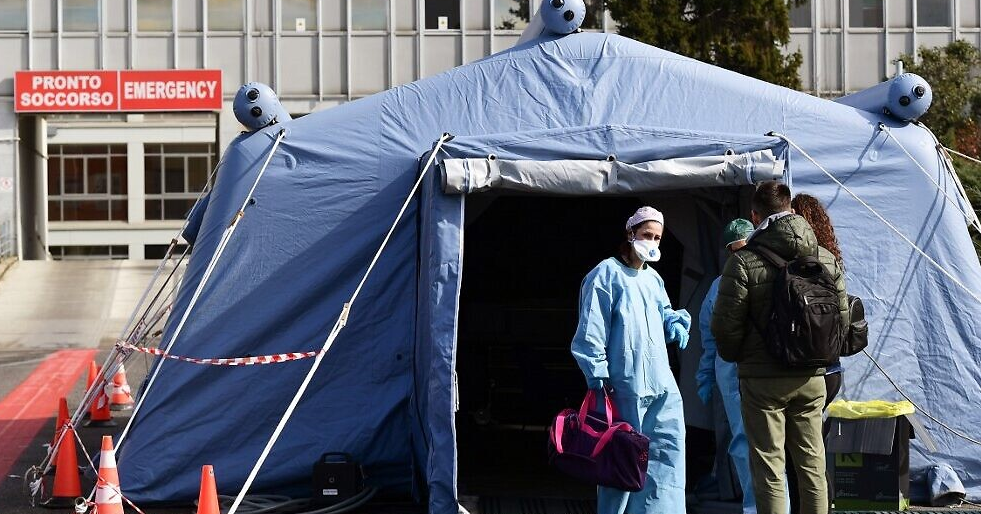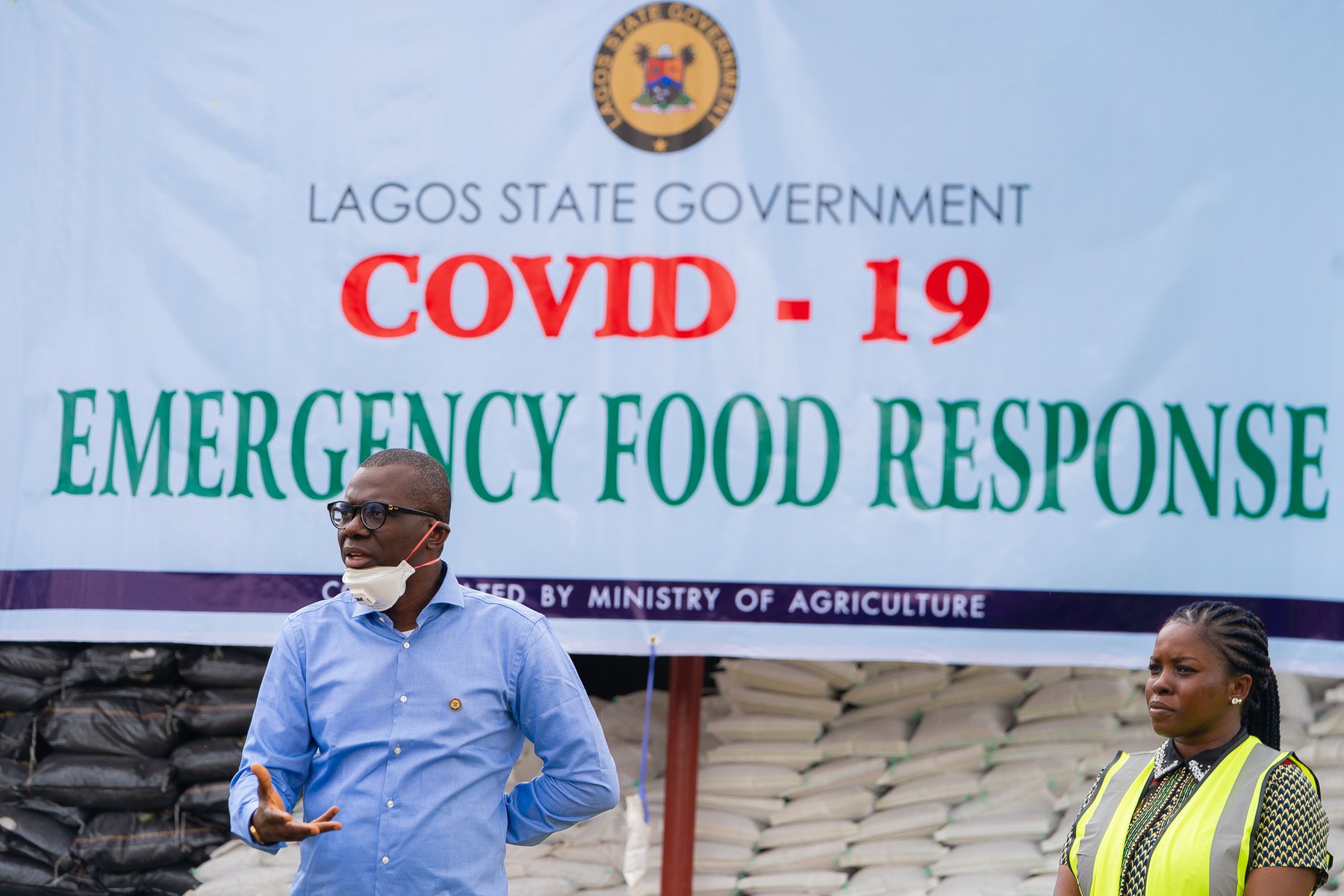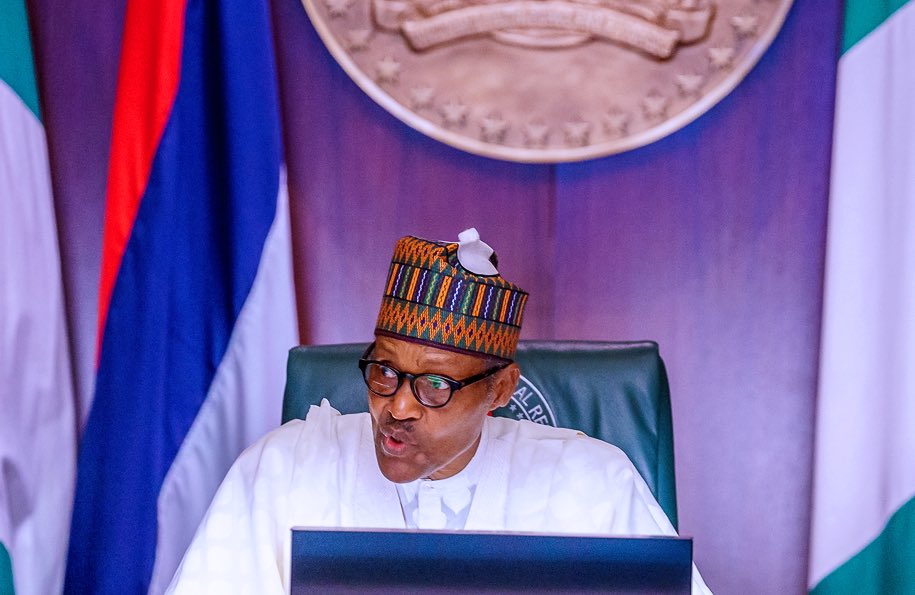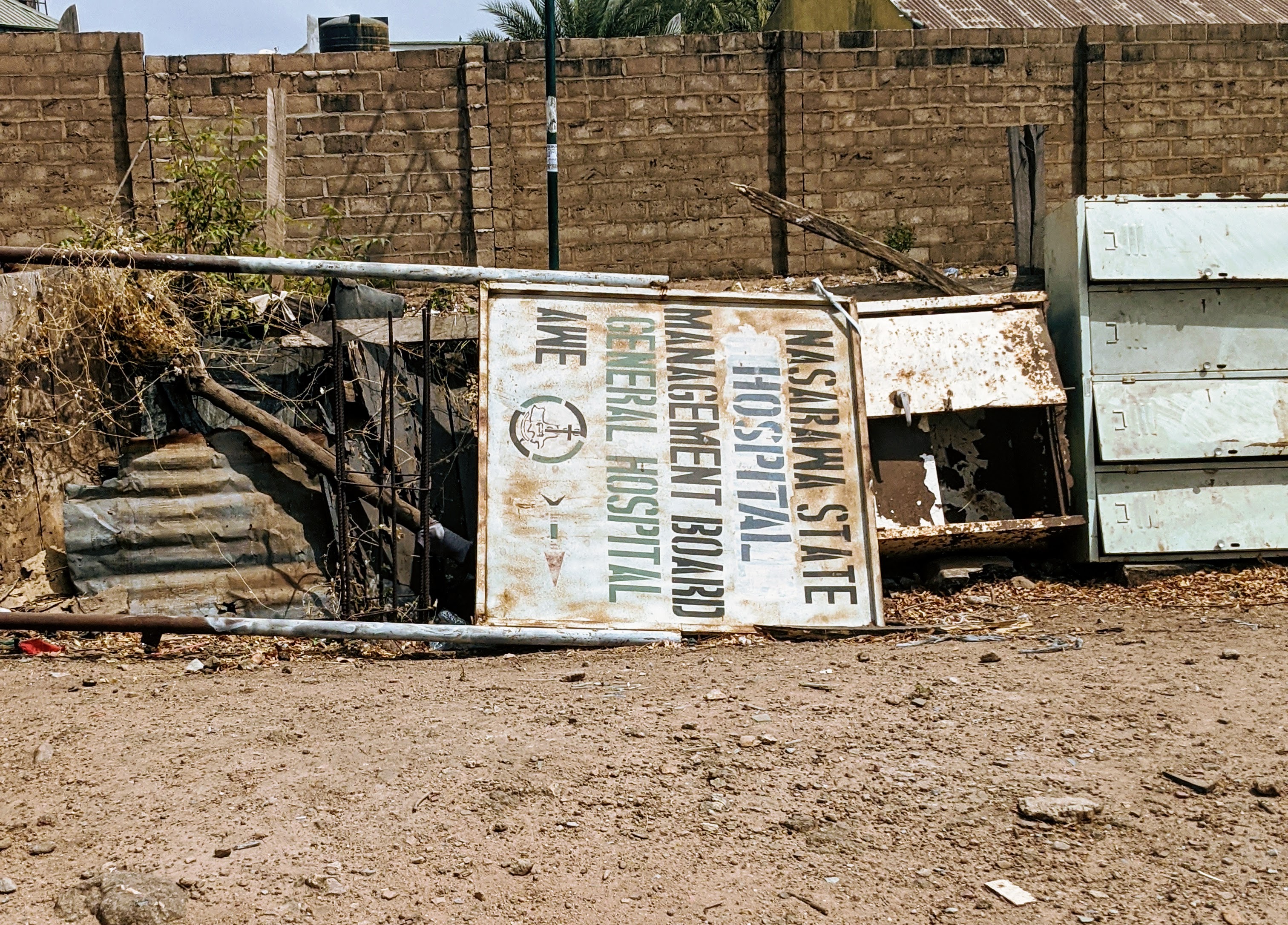We have always talked about economic diversification. To no avail. And now that an unprecedented economic shock has hit, like magic in just a couple of weeks, we are ruing our fate and speaking still about economic diversification. Many seminars have been had on the subject, and it is a popular refrain among talking heads everywhere, that all Nigeria needs to do is diversify her economy so that her citizens could live happily ever after. It is apparent that in spite of the energy we have spent on this issue, few workable solutions have emerged. It is therefore apt to reassess our diversification strategy in the face of the oncoming global economic depression.
Yes, economic depression (a prolonged recession or a fall in world GDP by 10% or more). This time around, what happened about 10 years ago will be child’s play. This is because the reach of the shutdowns, lockdown and lock-ins is indeed global. We have seen the idea of globalization itself dealt a knockout upper cut as countries curled into themselves and shut each other out. The idea of a global village, and a flat world, was revealed as a farce when it mattered most. It will take a while for global economies to get back up to speed, and that is if we do not prolong the shutdowns. When economies get back to speed, the hunger will result in stronger ones arm-twisting weaker ones, and the same goes for strong and weak businesses. Everyone will need to catch up in a frenzied business environment. Trust, which is the basis for business, may be hard to come by. Struggling economies like Nigeria’s will find it hard to gain purchase. The interregnum will result in strong economies getting stronger, fiercer, leaner and with huge appetite to devour. Our crude oil, which has trended down precipitously will find it hard to attain the previous higher heights with which we sustained our profligacy. Are our politicians listening?
Well, over time I have carried out studies on what it means for an economy to be diversified, and everything kept coming back to self-reliance. It is a matter of degrees though. In fact, it is a journey not a destination because every country in the world wants to ensure that it is able to conserve resources and keep the money flowing within the family, except where such cannot absolutely be achieved. Now that the global economy has seized up, economies that have not done their homework are exposed. If the lockdowns continue for a month, the effect will be catastrophic for many; prices will spike on all imported products as retailers begin to hoard, people start to face existential issues as common medicines disappear from the shelves; those who have not developed capabilities to feel their citizens will have starving people to deal with. It is very important to apprise my readers that in conducting researches on this subject, I found out that there is really little text out there – very little in terms of research and literature – so the only way to know what economic diversification is about is to study a diversified economy. There are a few. USA, most of Europe, China, and India (to an extent), etc.
The common thing about these countries is that increasingly, they are importing less and less – or can afford to so do. India for example took a decision to stop pharma exports in the wake of this pandemic and one of our biggest worry here and now is that drugs for other ailments apart from Corona, will become very scarce and expensive. These countries often import for strategic reasons only (e.g. the US strategically imports crude oil, sometimes to help ailing nations; but the country (USA) produces more crude oil than any other in this world). These countries have however developed capacity to take care of food, shelter, clothing – the basic (hygiene) needs for their people. They also have capacity for technology (tertiary product), which is now a necessity for everyone in the world – as a result of conquering those little challenges first. Imagine what this period will be like for everyone if we had to cable TVs and the internet? In spite of the lockdowns, these services are still available, making their monies, and bringing information – good and bad – to the world. These nations can take care of their people’s health and education without sending them abroad too. And they often attract tourists from other countries who give them non-debt cash flow to keep their economies running. They have several fingers in global cash flows that take from the pockets of me and you e.g. Facebook, Google, Amazon, AliBaba, etc.
Advertisement
Economically diversified nations have built their tax systems to be able to fund their projects in a sustainable fashion. It is not easy to build tax systems and sometimes it demands a lot of time. However, the most important ingredient in building this system is determination, and a lot of sincerity on the part of leaders who must be prepared to make their own sacrifices and transparently too. This we haven’t had here and so we often genuflect with our revenue drive. Elite compromises and self-help reigns, rather than elite consensus to do the right thing. Because of this, many diversified economies can afford to close down for 6 months without needing anybody because of the savings they have made or how they have strategically positioned themselves so that the world continues to rely on them. Think about it, what does USA need from any country? What will their citizens need so badly that the country does not have, to the extent their citizens will get out on the streets and riot? As the world locks down, we will not
In contrast, weak economies are so dependent on outsiders. Many have bought the idea of mutual dependency of world economies, but it is always great to look more closely; the dependent and more independent ones are clearly demarcated. Oftentimes, un-diversified economies, like Nigeria, build tastes that they cannot ordinarily afford, get carried away and ignore the basics needed for a time like this. So, shut down the global economy, and in a couple of weeks getting food to eat will be a problem even for our big men, or they will be so imperiled as hungry zombies line and scale their fences. Without fuel import, we cannot power our generators and cars after a certain period. Our few textile mills can only serve a few millions so in time our people will turn out in rags. We have cement but if any equipment in our factories coughs we may need to import but cargos are not delivering presently (involuntary shutdown results). We cannot build a single house with fully Nigerian components especially the accessories. We have no plans to build for the poor anyway, so we are staring at a future with millions more homeless while thousands of luxury apartments dilapidate where they stand. Our pharmaceutical companies are scrambling to fill the gaping hole left by India right now. The CBN has promised them hundreds of billions, so we hope they get on stream early as we may get very short of even basic medicines. The result – God forbid – is a harvest of deaths. On the tourism scene, hopefully we will learn to take our holidays within the country, if terrorists and kidnappers will allow. Diversified economies have no problems with tourism.
Look around you. mention one thing that is not fundamentally imported. An American will wear American clothes, drive American car, never own an international passport but have a ball within America (desert in Las Vegas, wetlands in Louisiana, scenic mountains in the Rockies, rains in Seattle, almost temperate in New York). For his education, the best schools are there – from Massachusetts, to Virginia, to San Francisco and Los Angeles. Ditto the best hospitals. He will invest in financial instruments in America, enjoy American sports, gorge on American movies and entertainment etc and before you know it, he has lived a fulfilled life. That is a diversified economy. Self-sufficiency and self-sustenance.
Advertisement
The American can then go and tackle you at the World Trade Organization and ask you why you haven’t opened your economy but he has nothing to buy from your primary and inferior products. As a nation and people, the duty of standardizing our product, is ours. No one will patronize ours until we do so, warts, errors, inferiorities and all. You cannot force that patronage though. But you can convince. After years of trying and failing, you can then graduate to being a trading nation. For now, we have nothing to trade but our primary crude oil and we can see the stark results presently
But it must be noted, that diversifying an economy is a very deliberate and difficult national policy. It is serious hard work. It involves espionage and a leader that will lead the charge could be a goner in no time. First things first if we desire diversification; NO PUBLIC RESOURCE should be used to IMPORT goods. That is what the Americans do. One US Dollar of American taxpayers’ money will never get into the hands of a foreign company except where there is no local producer of the goods. That means they develop local capacity. As a private individual though, you can buy a Japanese Toyota or German Benz or Swedish Volvo. No American public officer will however be caught with a foreign brand of car, bought with taxpayers’ funds.
I just hope we are learning stark lessons from the ongoing melee. It should not just be about the frenzy and sensationalism. For after the health scare, comes the economic down spiral. Someone said hunger kills more people than Corona. I think they are correct.
Last line. I know some people will still push the idea of comparative advantage. It is a dead idea and we have always tried to tell people to discard zombie ideas that are dead but still alive in countries like ours. Yes, no nation will be able to do everything, but real nations strive to do as much as they can, given their human resources. It is all about increasing the productivity of a people, and there are many clever ways of building capacity in areas where we would have neglected for other countries. What we have seen is that smart countries do no abandon any space for anyone to catch up. Look at us today, producing primary products such as crude oil and farm products, and any developed country can substitute these products any day. The USA, referenced above, produces infinitely more crude oil, or farm products, than we could ever do. To make our case direr, they also process those products into secondary and tertiary ones. What exactly do we have? Nigeria must stop faffing about. Enough already!
Advertisement
Views expressed by contributors are strictly personal and not of TheCable.
Add a comment

